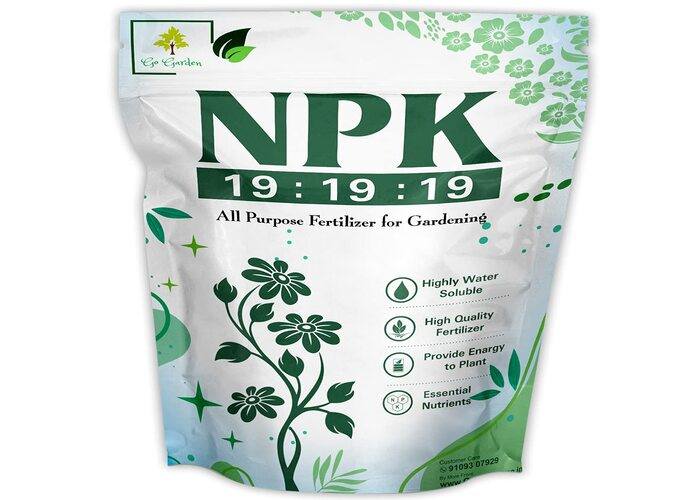Prices of NPK Fertilizers in Ghana

Agriculture is a major employer in Ghana and a major source of income for many rural areas. Ghana’s agricultural sector is varied and includes a range of different crops, including vegetables, rice, yams, cocoa, and numerous types of corn.
It contributes significantly to the country’s overall GDP. NPK fertilizers help boost crop yields and agricultural productivity, which boosts farmer earnings.
NPK fertilizers are important in Ghana’s agricultural industry because they provide necessary nutrients to crops, improve soil fertility, and increase agricultural production.
NPK fertilizers make sure that the essential nutrients are available for optimal growth, enabling farmers to raise a variety of crops.
This encourages crop diversification, which is essential for farmers’ ability to produce enough food and earn a living.
Prices of NPK Fertilizers in Ghana
The price of NPK fertilizers in Ghana varies based on the type of fertilizer. There are different types of NPK fertilizers available in the market, and each type has a different price tag.
NPK 15:15:15, which contains 15% nitrogen, 15% phosphorus, and 15% potassium ranges from GHS 150 to GHS 200 per 50kg bag. Other types of NPK fertilizers which contains 23% nitrogen, 10% phosphorus, and 5% potassium, can cost up to GHC 250 per 50kg bag.
Factors Affecting NPK Fertilizer Prices in Ghana
1. Cost of raw materials
The price of the nitrogen, phosphorous, and potassium sources used to make NPK fertilizer can have a big impact on the total cost of manufacturing. If their prices changes, it will also change the final market price of NPK fertilizers.
2. Energy costs
The price of energy, such as electricity and fuel, is a crucial factor in the production of fertilizer. Energy price increase, such as those in oil or power, can affect production costs and and also change NPK fertilizer pricing.
3. Government Policies
Governmental initiatives to promote or control the fertilizer market may have an impact on prices. Market prices may be impacted by payments made to farmers to offset the expense of fertilizer.
4. Logistics and Transportation
- Advertisement -
The cost of transportation and the price of fertilizers can be influenced by elements such as fuel prices, the state of the roads, and the distance to distribution locations.
5. Demand and Supply Dynamics
The cost of NPK fertilizers can vary depending on a number of variables, including crop trends, seasonal demand swings, and market competition among fertilizer producers.
Challenges faced by farmers as a result of the increase prices in the NPK fertilizers
1. Lower Profit Margins
Farmers who are unable to pass on the additional costs to the market may experience decreased profit margins or even financial losses when input costs rise.
2. Limited Access to Inputs
Small scale farmers could find it difficult to buy pricey fertilizers, resulting in limited access to these crucial inputs, which may limit their ability to increase agricultural production and maximize crop yields.
3. Reduced Productivity
Fertilizers are essential for improving soil fertility and giving plants the nutrition they need to flourish. Reduced agricultural yield can occur when farmers cannot afford or utilize a suitable amount of fertilizers as a result of excessive pricing.
4. Adoption of Suboptimal techniques
Some farmers may use less fertilizer or not at all, which would result in an unbalanced level of nutrients in the soil and less productive crops.
5. Climate Change Vulnerability
Farmers’ crops, are more open to the effects of climate change, such as droughts, floods, and pest infestations, when they have difficulty acquiring affordable fertilizers.
Conclusion
Ghana can promote sustainable agriculture, improve farmers’ livelihoods, and assure food security for its population by tackling the difficulties related with NPK fertilizer costs in a multifaceted manner. It is critical to carefully analyze the effects of fertilizer pricing on the agriculture economy and farmers’ livelihoods.


